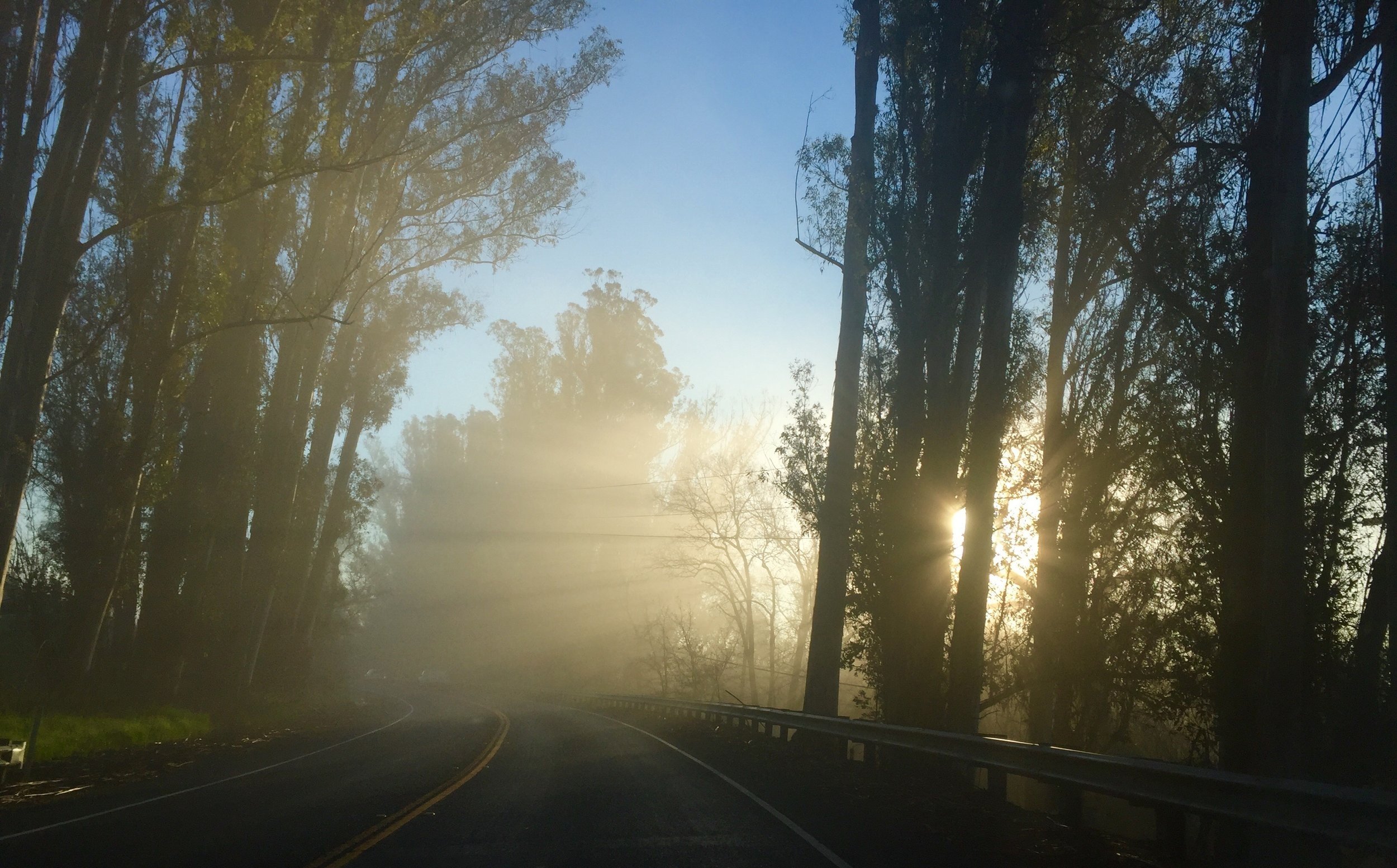I have a problem with the concept of "self-esteem". I find myself totally frustrated by it! I know this may seem extreme, but after working in higher education, volunteering in k-12 schools, raising two children, and being a therapist for over two decades I have some experience with people's ideas on self-esteem.
After reviewing several definitions of self-esteem, I can confidently say that most of us believe that self-esteem is the representation we each have of our own sense of self-worth. When I ask clients to tell me how they measure their self worth (a.k.a. self-esteem) they inevitably come up with some version of the following list:
Career advancement
Income
Education
Home ownership (and other material items)
Relationship Status (coupled verses single)
Relationship Happiness (happy partnerships, happy children, etc.)
Attractiveness (weight, size, and beauty by cultural standards)
I have a problem with this. These are all measurements that are almost completely based on social constructs grounded in consumerism and often unhealthy societal norms. Additionally, they are subject to change based on the ebb and flow of natural and cultural trends, and a variety of things outside of any of our control.
I really want to start a revolution with regard to the construct of “self-esteem” - want to join me?! Imagine what it would be like if we based our self-esteem on the level of congruence between who/how we want to be in the world with who/how we actually are in the world? If I value honesty, then how honestly am I living? If I believe that family comes first, am I living in a manner that actually puts my family first? If yes, great! If not, then I need to review this value and either determine if it is really as important as I thought it was (or once was) or if I need to reconsider its status in my inventory of personal values and virtues. Are these values yours, or something left over from childhood and/or old family expectations that have never been examined or challenged?
I want to be mindful of the reality that even with this measurement of self-esteem we will all experience periods of poor self-esteem - this is in no way an exercise meant to lead to high self-esteem at all times. We aren’t meant to feel good all the time. Experiences of low self-esteem are indicators that we need to grow in some area of our lives - one of the ways our soul lets us know that we are ready for change and moving toward our next developmental leap. Feelings of inadequacy, restlessness, and self-doubt are all potential communications from the Self urging us forward on our personal journey.
Next time you are feeling insecure or have the experience of “low self-esteem” instead of being critical of yourself, or distracting yourself with a quick (often dysfunctional) feel good or fix, do this instead:
Pay Attention - do not brush the experience away, even if it makes you uncomfortable. Make the time to explore it in its entirety.
Be Compassionate - stop any and all criticism/guilt/shame and assume the best of the experience you are having. It is an opportunity to learn and grow, treat it as such!
Be Curious - explore the thoughts, feelings, and beliefs around the experiences. Where do they come from? Are they anchored in painful experiences from the past? How might they have served you at one time, but are no longer serving you now? Ask the part of you that is insecure, or feeling inferior what it wants to tell you and what it needs from you.
Look for ways you may be living incongruently - do you need to shift an expectation? Do you need review your values and make adjustments? Is it time to change behaviors that are holding you back?
Ask for Help - There are many things we can do for ourselves, but sometimes we need the help of a trusted friend or professional. We might need accountability or support or expertise. Give yourself permission to ask for help.



